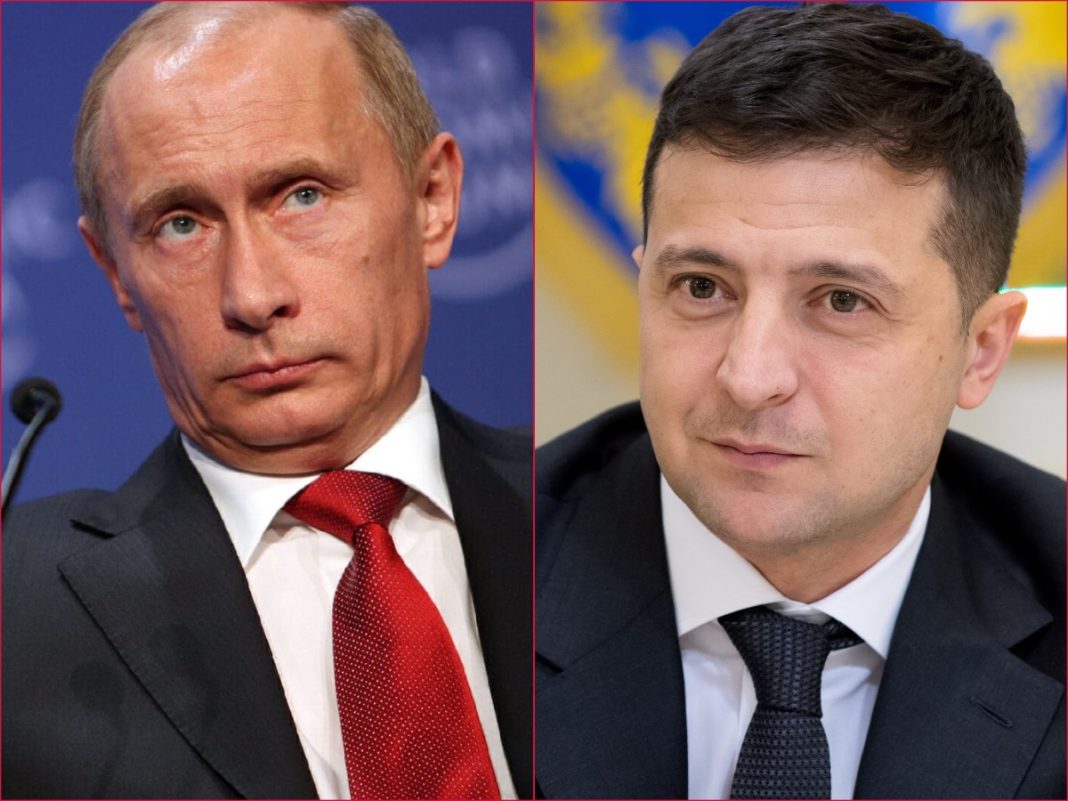KIEV, Ukrain — The world was thrown into turmoil after a Ukrainian drone hit Russia’s nuclear radar station.
The strike, which occurred on Saturday, May 24, 2024, damaged the state-of-the-art Armavir radar station located in the Krasnodar region, raising global concerns about nuclear security.
The Armavir radar station is a critical component of Russia’s air defense and nuclear warning system.
The drone strike caught Russia’s conventional air defense, an integral part of Moscow’s nuclear warning network, off guard. Satellite images revealed the extent of the damage, showcasing the vulnerability of even the most advanced defense systems.
Sources indicate that the Armavir radar station has a range of approximately 6,400 kilometers and can simultaneously track up to 500 objects.
It has been pivotal in tracking long-range ATACMS missiles supplied to Ukraine by the United States earlier this year.
The MGM-140 Army Tactical Missile System (ATACMS) is a tactical ballistic missile designed by the US defense company Ling-Temco-Vought (LTV) and later by Lockheed Martin.
This missile, with a range of up to 300 kilometers and a flight ceiling of 160,000 feet, can achieve supersonic speeds and is known for its precision and accuracy.
Ukraine’s use of drones has proven effective in its ongoing conflict with Russia, disrupting military operations and supply lines.
The drone strike on the Armavir radar station serves as a stark warning to Russia, demonstrating that its air defense systems and military sites are not impregnable.
The attack has sparked debate among military analysts and experts. Thord Are Iversen, a Norwegian military analyst, warned against targeting Russia’s nuclear-warning systems, stating, “It’s in everyone’s best interest that Russia’s ballistic missile warning system works well.”
This incident is part of a broader pattern of Ukrainian drone strikes deep inside Russian territory, targeting strategic sites and military infrastructure.
These actions have escalated the conflict, making it increasingly difficult for Russia to maintain its frontline operations.
The complexity of the situation has led to differing international responses. Germany and the United States have withheld certain tactical weapons from Ukraine, fearing potential nuclear escalation.
Meanwhile, the United Kingdom has provided support by supplying long-range Storm Shadow missiles, significantly enhancing Ukraine’s defensive capabilities.
Ukrainian Defense Minister Oleksii Reznikov assured that longer-range missiles would not be used to target Russia’s transnational sites, aiming to avoid further escalation.
As the global community closely monitors the unfolding events, the situation remains fluid and fraught with potential for further escalation.
The international community is watching closely, with calls for careful navigation to prevent a broader crisis. Russia has yet to officially comment on the reported attack by Ukraine.







